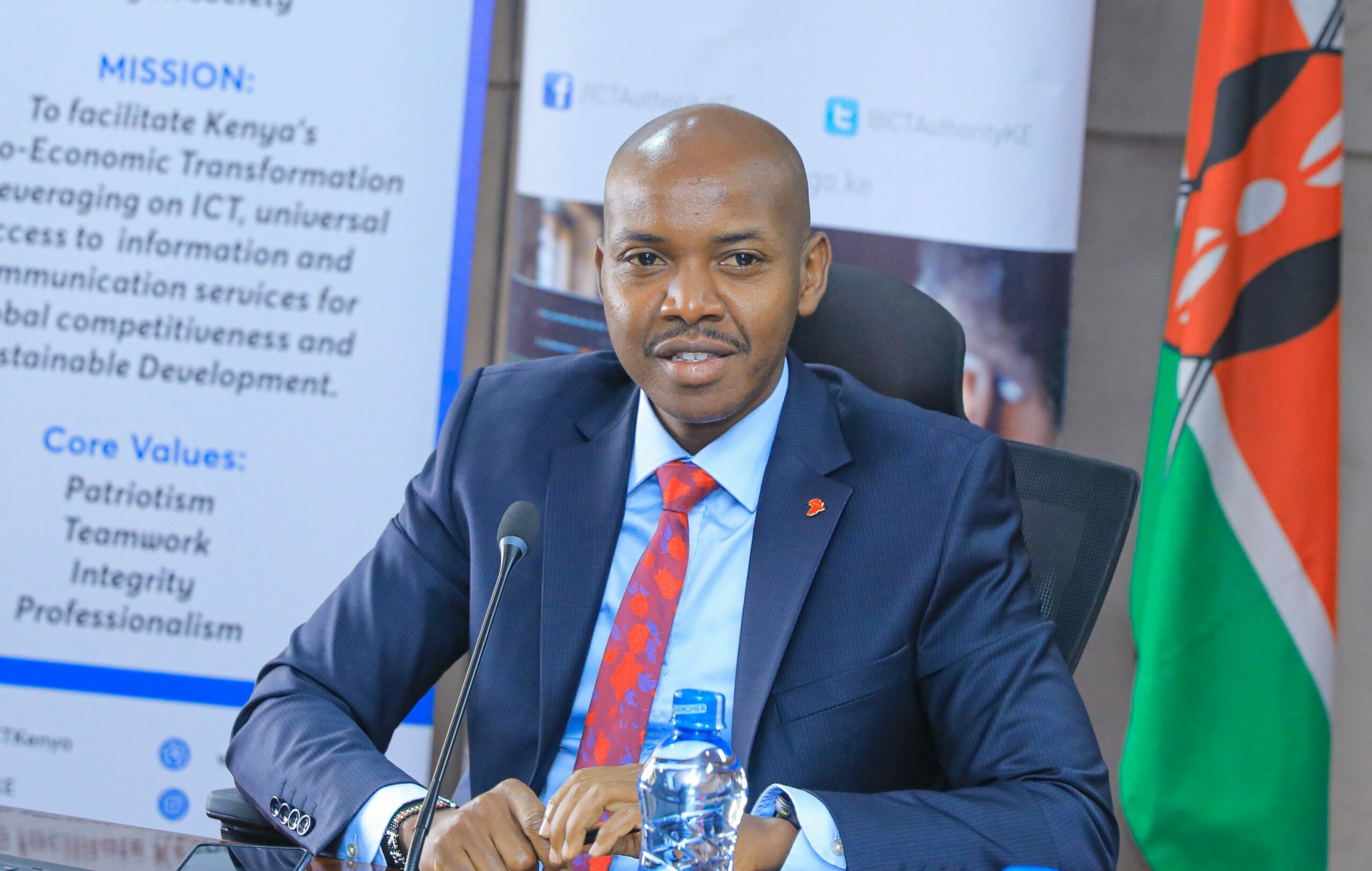advertisement
Enhanced Connectivity To Fuel Africa’s Digital Economy Growth

Increased connectivity and access to digital infrastructure are set to drive the growth of the digital economy across the African continent. Of the 38 African countries with access to the sea, 37 have one or more fibre optic cables connecting theme to them to different global sub-sea fibre optic rings. Despite the increased connectivity, African countries still face challenges in access due to a growing infrastructure gap.
According to Kenya’s ICT Authority CEO Stanley Kamanguya, Africa has made significant strides in terms of connectivity with mobile devices helping to extend connectivity. Using Kenya as an example, Kamanguya indicated that the number of mobile devices in Kenya is at 1.5 of the population with Kenyans owning, between 70 and 80 million devices against a population of 55 million people.
“That shows that there is a bit of traction in access from a mobile services perspective. However, when we look at internet penetration and access to broadband connectivity, we still have about half of our country in areas we call unserved or underserved, it is worse for some of the other countries where we are looking at 18 percent, 20 percent internet penetration. So by and large, we still have a long way to go to cover the digital divide.” Kamanguya added.
advertisement
To bridge the gap African governments will need to work together and partner with the private sector to foster collaboration and interconnectivity while harmonizing policies across the continent. East African countries are already in discussions to have Kenya, Tanzania, South Sudan, and Somalia interconnected.
“We recently started discussions for us to be able to share the infrastructure that is already laid out in Kenya to assist or to collaborate with some of the countries that don’t have undersea cables landing into their countries. And we believe the same will apply across all other African countries so that we can establish intra-country connectivity that is going to go a long way in supporting some of the continental agendas.”
To scale interconnectivity Kenya will in April this year host the Connected Africa Summit 2024 leveraging the convening power of African Heads of State and Ministers of ICT to bring together public sector representatives, private sector leaders, academia, foreign missions, development partners, and thought leaders to address the key issues facing the continent’s ICT Sector.
advertisement
According to Kenya’s ICT Authority, the main focus of the Connected Africa Summit will be on addressing the policy, infrastructure, and investment gaps that continue to widen the digital divide across the continent in line with the African Union’s Agenda 2063.
“The other area is around the cost of connectivity itself because it’s one thing to have connectivity, but it’s another thing to be able to access the connectivity at an affordable rate. We believe that by establishing mechanisms for sharing infrastructure across Africa, and establishing mechanisms for us to set up data and interchange exchange points for Africa, we can be able to significantly reduce the cost of data that has to go to other continents and come back to Africa.
This will enable us to exchange this information within the shared infrastructure and therefore give our people internet connectivity at much cheaper and subsidized rates.” Kamanguya added.
advertisement
Africa’s Internet penetration currently stands at just over 36 percent, with only 473 million active internet users. Of these, 278 million users access the internet through their mobile phones. According to the African Union, over 300 million people live 50 Km away from an active fibre optic connection illustrating the continent’s large infrastructure gap.